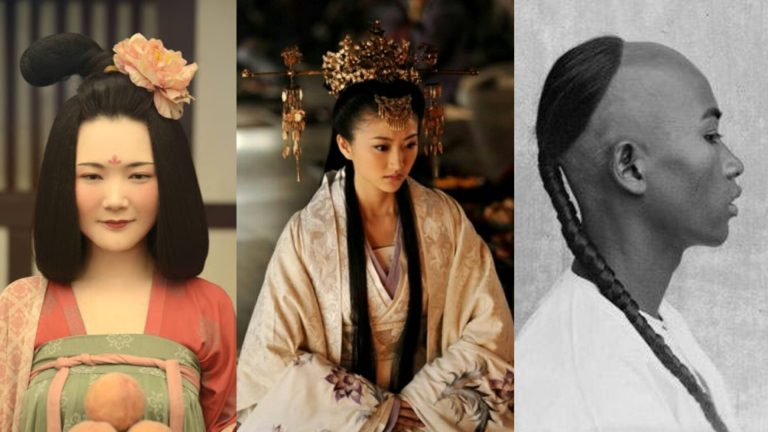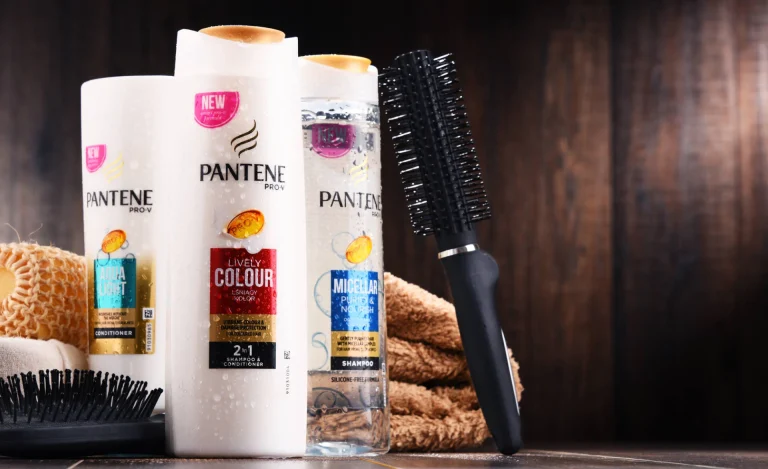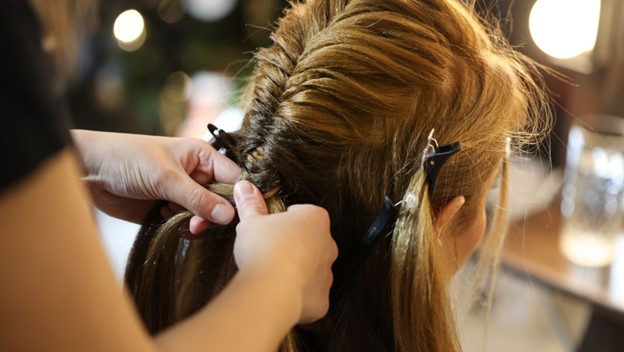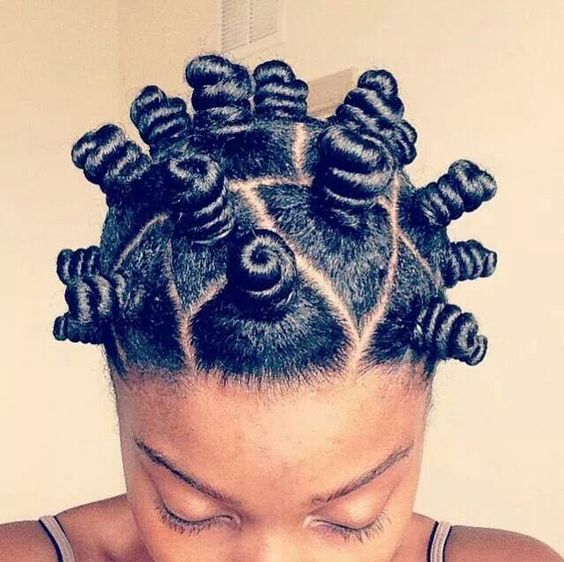Is toner damaging to hair?
Hair health is a significant concern for many, especially after undergoing intense bleaching. The process of bleaching can be harsh on the hair, leading to dryness, breakage, and overall damage. This raises questions about the safety of subsequent hair treatments, such as toning.
So, is toner damaging to hair? This article aims to address this concern and provide a comprehensive understanding of hair toners.
Do toners damage your hair?
Contents
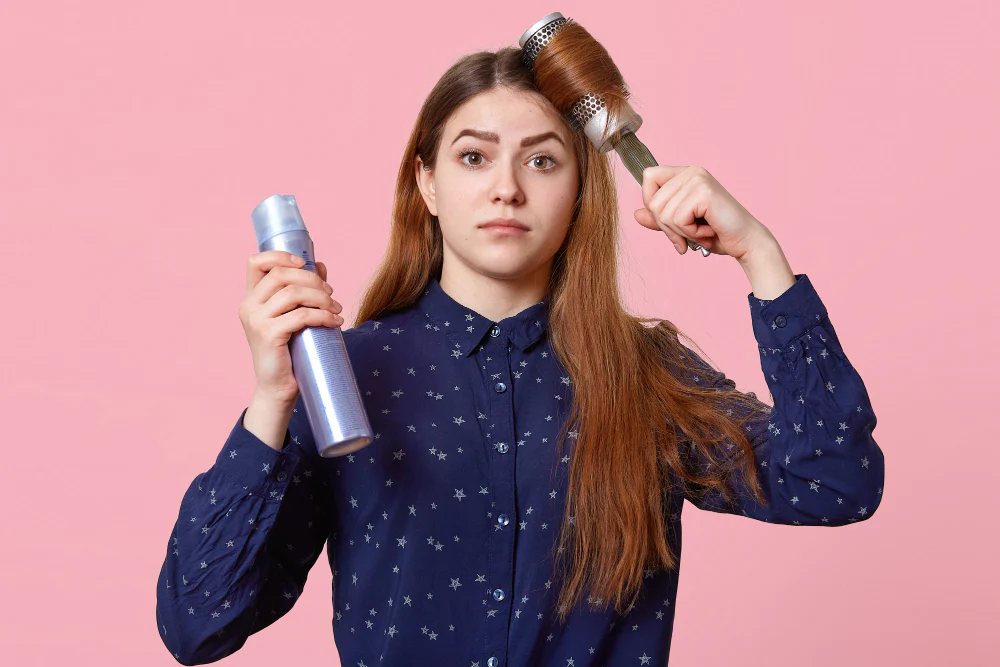
While toners may potentially cause some harm, it’s important to keep in mind that bleaching typically causes more serious damage. Toners work by altering the hair’s outer layer, and excessive use can lead to dryness and brittleness.
Compared to bleach or permanent hair dye, toners are less damaging. They are usually used to neutralize unwanted tones in the hair, and their effect is temporary, which means they wash out over time.
Pros and Cons of Using Hair Toner:
Pros:
- Neutralizes unwanted tones
- Enhances hair color
- Adds shine and dimension
Cons:
- Can cause dryness with excessive use
- The effect is temporary
- May require frequent application
What is a hair toner?
Hair toner is a product used after bleaching or coloring hair to neutralize unwanted tones, such as yellow or brassiness, and enhance the color’s vibrancy.
The primary purpose of hair toner is to adjust the tone of the hair. It can remove brassiness, add a color boost, and add dimension to the hair, making it look more vibrant and healthy.
Before using a hair toner, it’s crucial to understand its purpose and potential effects on your hair. This knowledge can help you make informed decisions about your hair care routine and ensure that you’re using the product in a way that benefits your hair’s health and appearance.
Which hair toner will damage your hair?
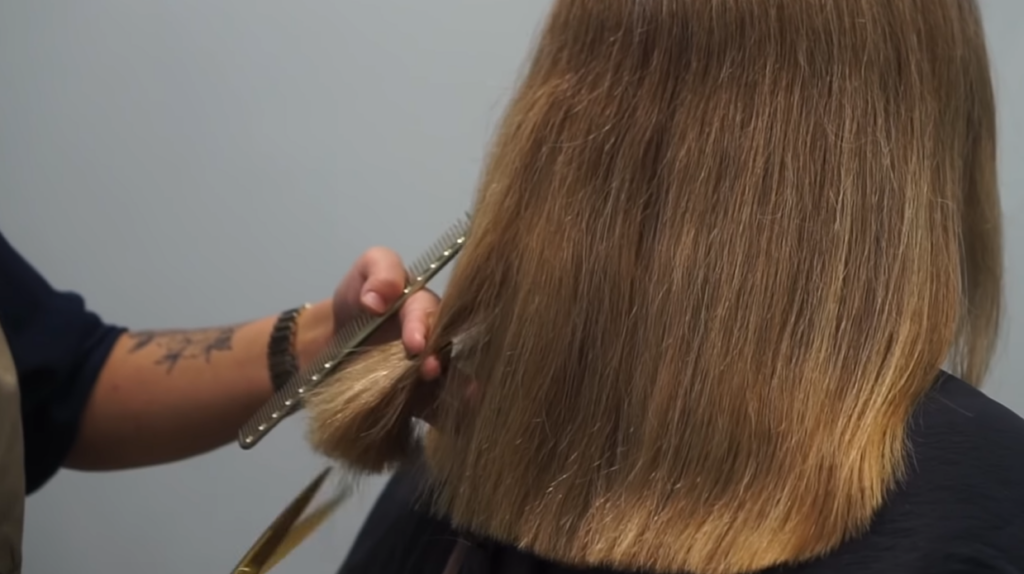
Hair toners are not a one-size-fits-all product. They come in various forms, each with its own set of benefits and potential drawbacks. Understanding the different types of toners can help you choose the one that’s best suited to your hair’s needs and condition.
There are three main types of hair toners: semi-permanent, demi-permanent, and permanent.
- Semi-Permanent Toners: These toners do not contain ammonia or peroxide, making them the gentlest option. They deposit color onto the hair’s surface without altering its structure.
- Demi-Permanent Toners: These toners contain a small amount of peroxide, allowing them to penetrate the hair shaft slightly. They provide a longer-lasting color compared to semi-permanent toners.
- Permanent Toners: These toners contain both ammonia and peroxide, enabling them to penetrate the hair shaft deeply. They provide the most long-lasting color but can also cause the most damage.
Semi-permanent toners are the most gentle on the hair, making them an excellent choice for those with damaged or sensitive hair. On the other hand, permanent toners, due to their composition, can cause significant damage, especially when used frequently or improperly.
Can toners lighten your hair?
Contrary to some misconceptions, toners cannot lighten hair. Only bleach can lift color from the hair. Toners work by depositing color onto the hair, not by removing it.
While toners can’t lighten hair, they can clean or perfect the existing color, making the hair appear brighter and more vibrant. They work by neutralizing unwanted tones and enhancing the overall color, giving the hair a fresh, polished look.
Are toners used only for brassy hair?
While toners are often associated with neutralizing brassy tones, they are not limited to this function. Toners can be used for various purposes, including:
- Strengthening Hair Cuticles: Some toners contain ingredients that help strengthen the hair cuticles, improving the hair’s overall health and resilience.
- Adding Shine: Toners can also add a beautiful shine to the hair, making it look healthier and more vibrant.
- Enhancing Color: Toners can enhance the color of the hair, making it look more vibrant.
The Truth about Hair Damage from Toning

Signs of Hair Damage
Hair damage can manifest in various ways, including:
- Dryness and brittleness
- Split ends
- Dullness and lack of shine
- Thinning or hair loss
- Itchy or flaky scalp
Toner Alone Doesn’t Cause Extreme Damage
While toner can contribute to hair damage, it is not the sole culprit. Other factors, such as bleaching and overprocessing, play a significant role. Bleaching, in particular, strips the hair of its natural pigment, making it more susceptible to damage. Overprocessing, on the other hand, occurs when hair is subjected to too many chemical treatments in a short period, leading to weakened hair structure.
Dealing with Hair Coloring Damage
Tips for Repairing Damaged Hair
If you’re dealing with hair damage from coloring, here are some tips to help repair and restore your hair:
- Trim your hair regularly to get rid of split ends
- Use deep conditioning treatments to restore moisture
- Limit the use of heat styling tools
- Eat a balanced diet to nourish your hair from within
Specially Formulated Shampoo and Other Measures
To further protect your hair, consider the following:
- Use specially formulated shampoos for colored hair
- Avoid drastic lightening processes
- Protect your hair from sun damage with hats or UV-protective hair products
- Consult professionals for perming or relaxing treatments
- Allow your hair time to rest between chemical treatments
- Always use conditioner after shampooing
- Minimize the use of heat styling tools
- Choose hair products without harsh chemicals
- Protect your hair from chlorinated or salt water by rinsing before and after swimming
How to Get the Best Results When Toning Hair
For those who prefer to tone their hair at home, it’s crucial to:
- Follow the instructions on the toner packaging
- Conduct a strand test to predict the outcome
- Apply the toner evenly for consistent results
Professionals should always make major color corrections, such as changing from dark to light or adjusting uneven tones. They have the knowledge and experience to handle complex color changes without causing excessive damage.
Conclusion
Understanding the role of toner in hair coloring and the potential for damage is crucial. When in doubt, seeking professional help can prevent unnecessary damage and ensure the best results.
With proper care and toning, it’s entirely possible to achieve vibrant, healthy hair. Regular maintenance, using the right products, and taking preventative measures can all contribute to the health and beauty of your hair.

Founded by Sophia Rodriguez, IGXO Cosmetics is a PETA-certified, cruelty-free, and vegan makeup brand.
